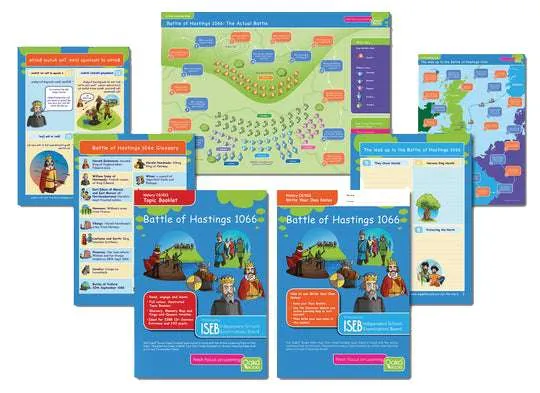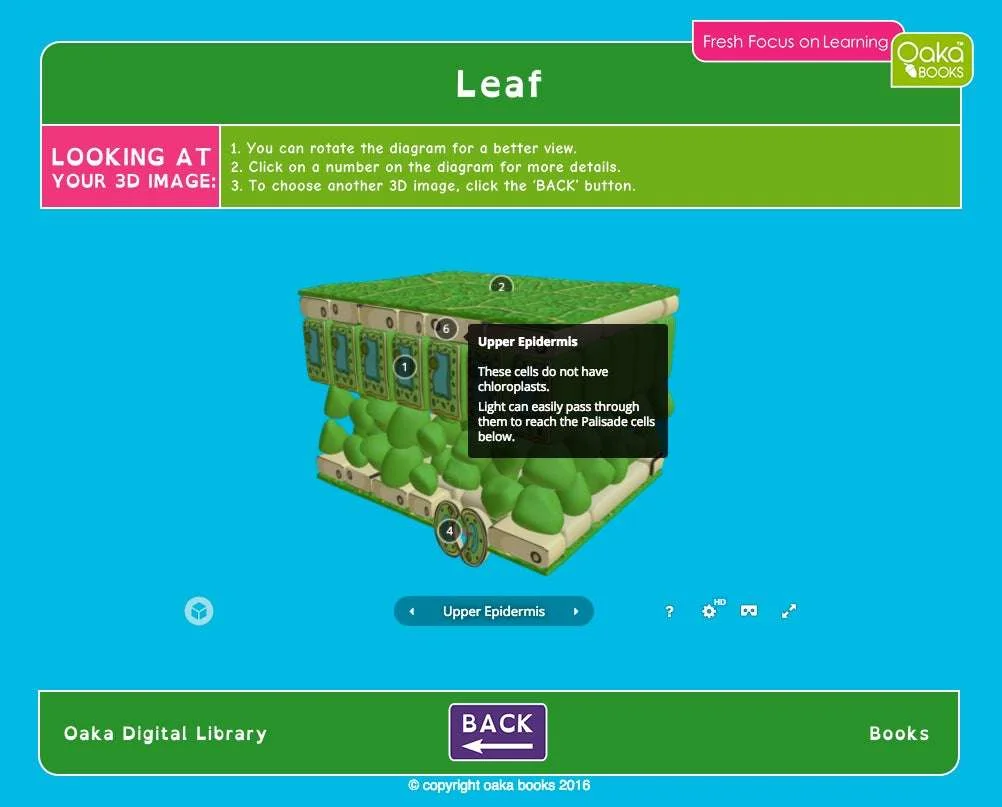Essays should always be well-structured. In fact, structure is crucial to all written work, regardless of whether it’s a novel, news article, essay or even a long social media post! Learning how to structure your writing will vastly improve your overall essay writing skills. Our colour-coded essay planner is a good place to start, you’ll…
Essays generally require precise use of language and should be detailed, but you should always aim to make your writing interesting and engaging. Good writing involves quality grammar, a wide vocabulary and effective use of transition phrases. There are hundreds of transition phrases, and you probably use many already. Here’s a few pointers: At the…
To get started, read the question. Not once, not twice, but three times (at least)! Some essay questions are simple and open-ended, but others are much more detailed and ask you to demonstrate specific knowledge. The longer and more complex the question, the more you should read it. In fact, one of the best pieces…
Get in the habit of colour-coding your essays to make the structure easier to visualise and follow. The concept of colour coding is simple. First, each essay should have a clear title, which is the first colour. Then there’s the introduction and conclusion, which are represented with the same colour. The introduction should set out…
Essays need structure. If you learn how to structure your work properly, everything suddenly becomes easier! Non-fiction essays must demonstrate a clear structure that links information and emphasises answers. A clear structure makes an essay easier to write, and it’ll also make it easier to read when someone comes to mark your work. Walk your…
Revision isn’t just a read-through. As you revise and attend your exams, review everything as you go. That means continually writing notes, looking over your weakest subjects, consolidating your knowledge and unlocking improvements in the way you tackle revision and exams. Set regular reminders for when to review everything. Keep a diary or a logbook…
Sleep is essential for our minds and bodies. Getting a good night’s sleep of around 8 hours boosts concentration and enhances focus and mood. Well-rested individuals generally perform better in mental tasks and problem-solving compared to those who are sleep-deprived. Keep track of your sleep to ensure you’re getting as close to 8-hours as possible…
Both exercise and fresh air are vital for concentration and focus. Ensure you keep exercising throughout revision and exam periods – it’ll revitalise you and help you feel fit and strong. Of course, there’s no need to push things too hard – light to moderate exercise will do. Stay focused and engaged by playing sports…
It’s essential to eat well and drink well throughout your exams. Did you know that drinking just 300ml of water can boost your attention by as much as 25%?! Drinking water regularly is a free strategy for enhancing exam performance. In addition, make sure to eat plenty of fruit and vegetables while studying and doing…
If you’ve completed lots of past papers and marked them with official marking guidelines, you’ll have some idea of how each question is marked. Broadly speaking, if a question is worth 2 marks, you’ll need to make two points. If it’s worth 6, you need to make six points, etc. Some longer essay-like questions might…




